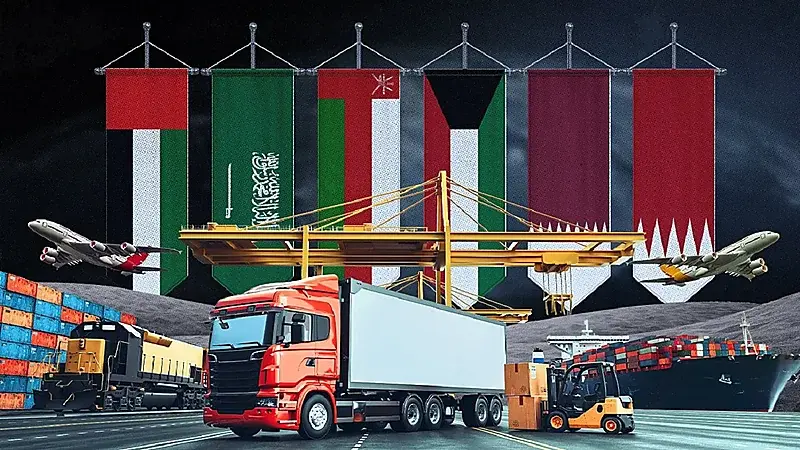
Humanitarian Leadership: Kuwaits Global Role and Legacy

Every year in the month of August, the world celebrates the International Humanitarian Day, a day dedicated to raising awareness of the importance of humanitarian work in helping societies overcome the challenges and tragedies they face across the globe. Since Kuwait stands as one of the most prominent global models in the field of humanitarian endeavors, we consider this day to be, in essence, a Kuwaiti national day celebrated by the world in recognition of the distinguished contributions of those who have dedicated themselves to this noble cause. Kuwait has earned its place among the leading nations in humanitarian work thanks to the unwavering commitment of its successive leaders, who have embedded this humanitarian approach as an integral part of the countrys foreign policy—one that seeks to promote humanitarian and developmental efforts and to achieve peace, stability, and growth both regionally and internationally. It is evident that Kuwaits commitment to humanitarian philosophy goes beyond the mere provision of aid. It extends to fostering understanding, cooperation, and partnership in the pursuit of building a world governed by peace and tolerance. Kuwait began laying a solid foundation for humanitarian work as early as the 1970s, advancing rapidly in this field alongside its economic growth. The late Amir, His Highness Sheikh Sabah Al-Ahmad Al-Jaber Al-Sabah, articulated a clear vision for humanitarian action and established the guiding principles upon which Kuwait built its humanitarian efforts. These efforts culminated in 2014, when the United Nations designated Kuwait as a Global Humanitarian Center in recognition of its exceptional regional and international contributions. This designation was based on Kuwaits strong partnerships with international organizations in leading relief campaigns during natural disasters such as earthquakes and floods, as well as its generous humanitarian assistance during crises—assistance ranked among the highest worldwide relative to national income. Kuwait has also played a pivotal role in supporting refugees in conflict zones and, at the regional level, successfully mobilized and organized international efforts for the reconstruction of Syria and Iraq. Civil society organizations and specialized institutions in Kuwait also play a vital role in delivering assistance. Entities such as the Kuwait Relief Society, the Zakat House, and the Kuwait Fund for Arab Economic Development actively finance development projects, provide urgent emergency aid, and promote education and healthcare in developing countries. Furthermore, the values of humanity form a cornerstone of Kuwaiti society, embraced by both citizens and residents alike. Many Kuwaitis of all ages and professions actively participate in voluntary and relief work, demonstrating a deeply rooted culture of humanitarian engagement. Ultimately, those who follow Kuwaits achievements in the humanitarian field will find that they are not confined to statistics. Rather, they embody a principle and a commitment to helping those in need across the world—a model of how resources and cooperation can be devoted to humanity. Inspired by religious and cultural values that call for generosity and support for all who deserve it, Kuwait remains, through its humanitarian philosophy, a true beacon of hope and humanity across the globe.


